
Glaucoma
Glaucoma is an eye disorder that damages the optic nerve. It is often caused because of excess pressure on your eye. This pressure is intraocular pressure and it can damage your optic nerve.
The optic nerve plays a pivotal role in your vision. It sends signals from the retina to your brain. Based on those signals, your brain creates images. Glaucoma, if untreated, can lead to permanent vision loss or blindness. In fact, it is one of the prominent causes of blindness after cataracts.
Glaucoma is a common condition among senior citizens. Gradually, it gets worse. It is usually detected at an advanced stage when your vision is affected enormously. Hence, you should visit your doctor regularly so that he/she can detect and diagnose the disease at an early stage. If it is diagnosed early, vision loss can be prevented.
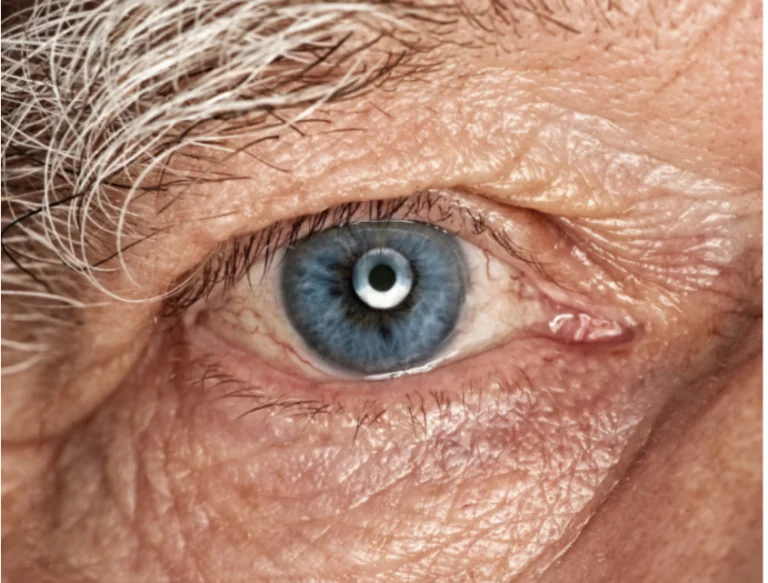
Who Can Get Glaucoma?
While Glaucoma can affect people of all ages, senior citizens and people with conditions listed below are more vulnerable to Glaucoma:
- Patients suffering from Diabetes
- People having a family history of glaucoma
- Patients suffering from Blood Pressure problems
- People having myopia and hyperopia
- People taking eye drops or corticosteroid medications
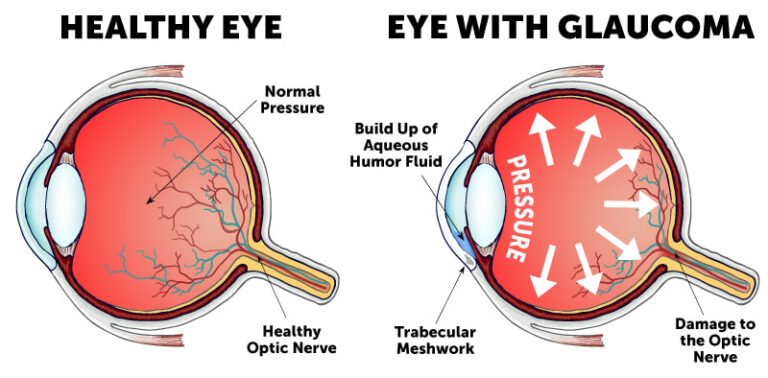
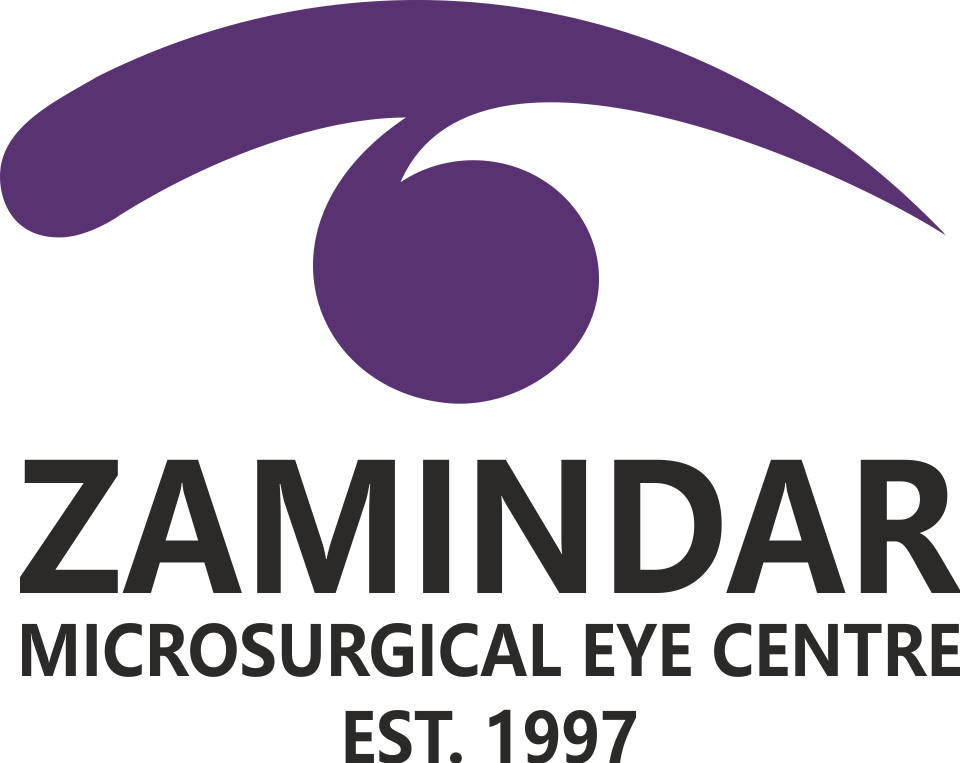
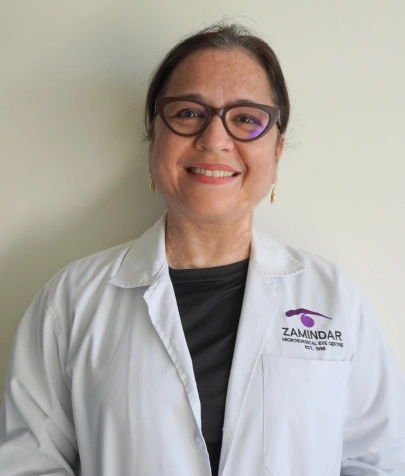


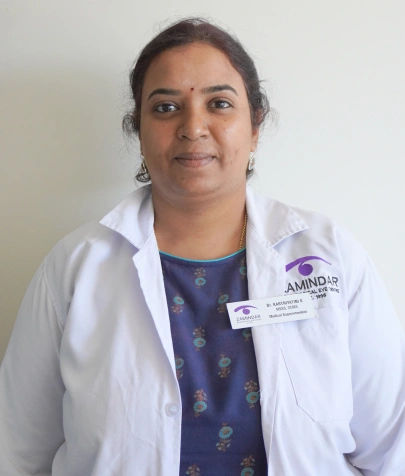
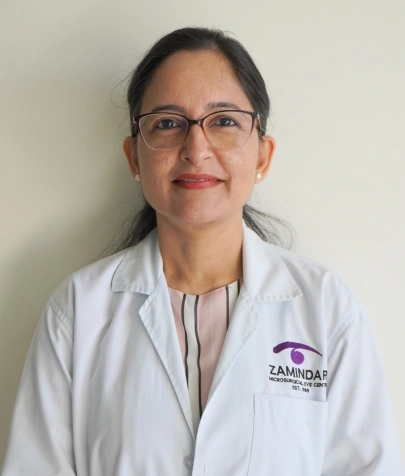
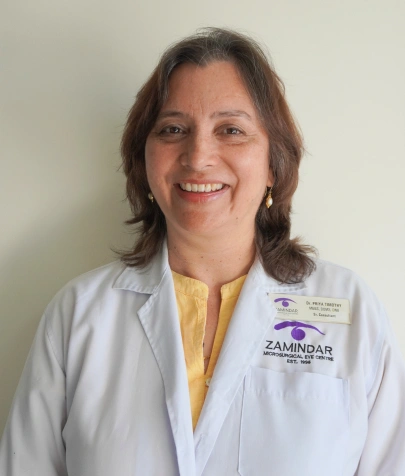
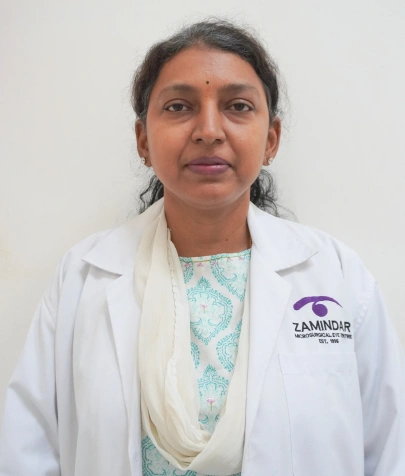
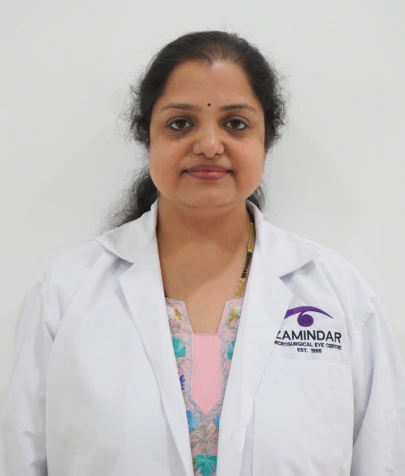
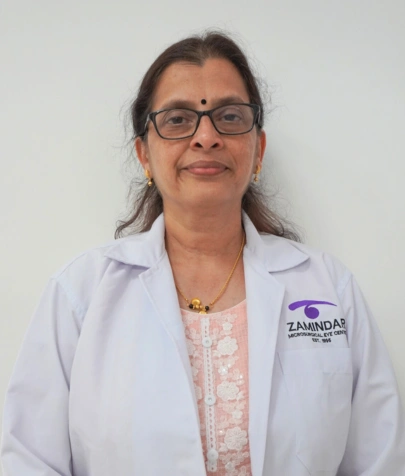
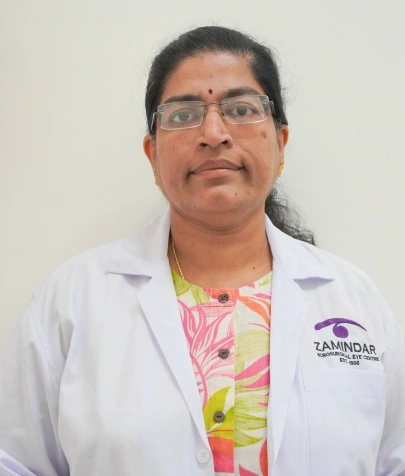

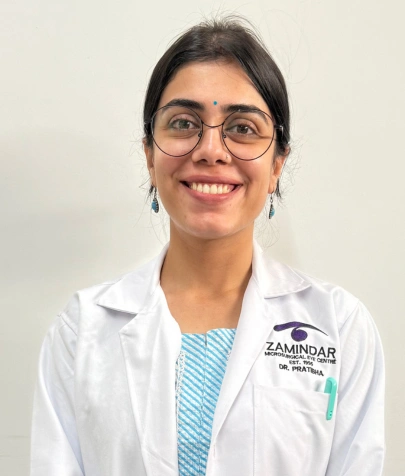

Absolutely brilliant. Thank you for this.